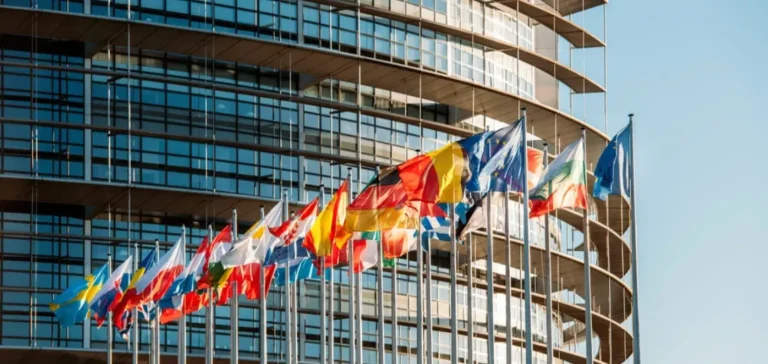The European Union’s carbon storage targets are facing a significant gap between policy ambition and industrial capability. An analysis conducted by consulting firm Wood Mackenzie shows that the EU will have only 28.5 million tonnes per annum (mtpa) of CO₂ injection capacity by 2030, compared to the 50 mtpa required under Article 23 of the Net Zero Industry Act adopted in 2024.
Regulatory delays hinder development
The report, commissioned by ExxonMobil, OMV Petrom, Shell and TotalEnergies, highlights systemic delays in project development and ongoing regulatory hurdles. If projects without licences are excluded, the actual available capacity may be even lower. Currently, no large-scale storage project is operational in the EU. Projects that have reached final investment decisions will contribute only 2.9 mtpa of storage capacity by 2030.
According to Wood Mackenzie, it takes an average of eight years to develop a storage site, from licensing to operational launch. This means that only projects granted exploration or appraisal permits before 2023 can realistically meet the 2030 deadline. By that time, just 15.6 mtpa of capacity was sufficiently advanced to qualify.
Economic barriers restrict investment
Projects also face limited economic viability. The average carbon price in the EU Emissions Trading System (ETS) in 2024 was $70 per tonne, which remains below the levelised costs of capture and storage for most modelled projects in the EU. Without strong financial incentives, developers often rely on multiple funding sources to secure investments.
The geographic disconnect between capture sites and available storage locations drives up infrastructure costs. Transporting CO₂ adds a major expense to the value chain, further complicating project development.
Advanced projects also experiencing setbacks
Even the most advanced initiatives have encountered delays. The Liverpool Bay project in the United Kingdom and Porthos in the Netherlands both faced setbacks despite receiving government support. Average delays now exceed 1.5 years, driven by technical, legal and commercial challenges.
Licensing procedures are failing to keep pace with industry development. To date, only Italy operates a pilot storage project. In the Netherlands, considered one of the most advanced CCS jurisdictions in Europe, just two licences have been awarded. Projects like Aramis and Porthos have faced legal challenges that disrupted their original timelines.
2030 targets may be reviewed in 2028
The study suggests that the EU’s targets under the Net Zero Industry Act may need to be reassessed during the European Commission’s scheduled review in 2028. Although the policy framework is considered supportive, uncertainty around project profitability remains a major barrier for sector stakeholders.
“The EU’s carbon storage ambitions are colliding with commercial and technical realities,” said Jon Story, Vice President of Energy Consulting and Head of CCS Consulting at Wood Mackenzie.






















